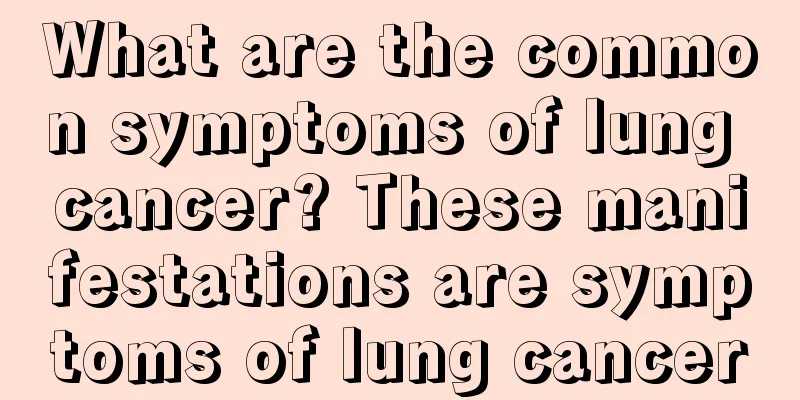Normal people's tongue coating

|
We all know that the most important thing in Chinese medicine is to look, listen, ask and feel the pulse. That is, to judge the patient's condition through four methods: looking, talking, asking and feeling the pulse. In terms of looking, many Chinese medicine practitioners will look at the patient's tongue coating. The tongue coating of a normal person is generally pink, while some patients will have a white and thick tongue coating or a yellow tongue coating. The following will introduce the tongue coating of a normal person. Most people's tongue is pink in color. If you find that the tongue coating is white or purple-red, what does that mean? What should I do if my tongue is thick and white? What is the cause of thick white tongue coating? Generally speaking, there will be a thin, white, moist, mossy substance on the tongue, which is the tongue coating. The tongue coating is composed of desquamated keratinized epithelium, saliva, bacteria, food debris and exuded white blood cells. "Thin, white and moist" is the healthy state of the tongue coating. However, once the body is sick, eats less or only eats soft food, which reduces chewing and tongue movements, or reduces saliva secretion, the tongue coating will become thicker. Not only that, some diseases may also cause the appearance of tongue coating of other colors. Experts say that there are many reasons for the white tongue coating, and sometimes it is not necessarily a manifestation of disease. If the tongue coating becomes thicker or white and there are no other symptoms of discomfort in the body, it is most likely due to getting angry, and bad breath often occurs at this time. In addition, if the tongue coating is white for a long time, it is best to go to the hospital's oral department for a check-up. It may be a symptom of gastrointestinal disease. Of course, the following situations can also cause white coating: 1. White tongue coating may also appear in patients with mild illness, initial symptoms or recovery period of illness, such as upper respiratory tract infection, acute bronchitis, early pneumonia, etc. 2. White tongue coating may appear in patients with water retention or phlegm in the body. Clinically, it is common in patients with certain pleural effusion, ascites, chronic nephritis, asthma, chronic bronchitis, bronchiectasis, etc., who have dampness or phlegm retention in the body, causing thick white or greasy white tongue coating. 3. Various chronic inflammatory infections: Patients with chronic pelvic inflammatory disease, chronic pyelonephritis, tuberculous meningitis, bone and joint tuberculosis, etc. have a tongue coating that is slightly thicker than normal, or a thin, white, greasy coating. |
<<: Can black soapberry seeds help increase milk production?
>>: What should I do if my lips are sore?
Recommend
Can eating bananas help you grow taller?
Banana is a fruit that is rich in vitamins. Moreo...
Types of citrus
There are many types of citrus fruits, and the ta...
Things to note when sweat steaming in summer
Steaming is a traditional Chinese medicine health...
Can I exercise if I have kidney cancer?
As the number of kidney cancer patients increases...
What are the methods of lung cancer surgery? Medication guide for pleural effusion caused by lung cancer
Guidelines for the use of medication for pleural ...
What is severe aplastic anemia and what are its symptoms?
Severe aplastic anemia is a disease that we often...
Taking too many anti-inflammatory drugs will cause fever
When we are sick, many people will choose to take...
What are the differences between dentures and dental implants
Once a tooth is extracted, it will seriously affe...
How to clean colored silver jewelry
As people's living standards continue to impr...
Detailed explanation of precautions for prostate cancer
Prostate cancer is a malignant tumor in urology, ...
What are the common types of prostate cancer? Introduction to the four types of prostate cancer
Prostate cancer is currently one of the most comm...
What fruits are good for liver cancer? Eat these fruits when diagnosed with liver cancer
Nowadays, there are many patients suffering from ...
How should I care for pituitary tumors after surgery?
We should actively exercise on a daily basis to p...
How long does the quarantine period for scarlet fever require?
Some infectious diseases in modern life have caus...
Which kind of mask is the best
Masks are a common and widely used piece of prote...









